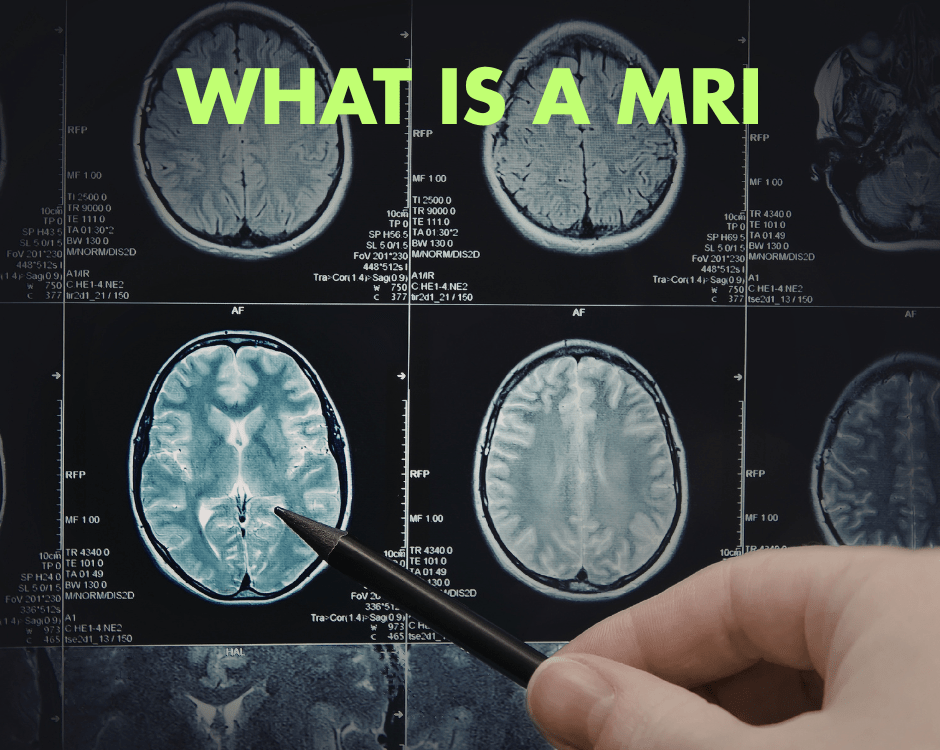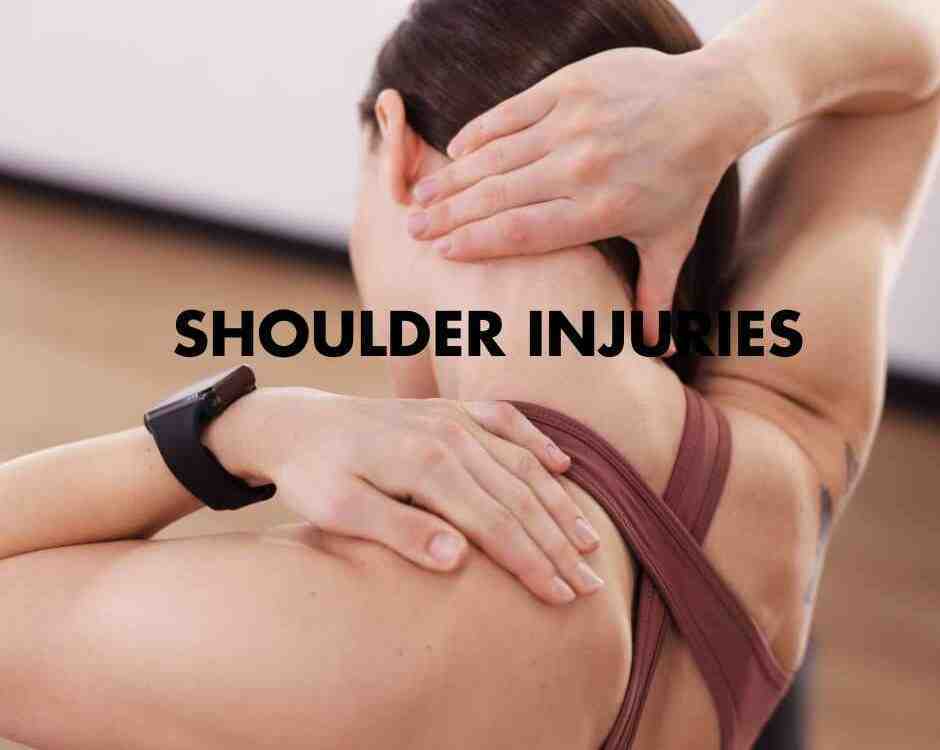The Sounds We Really Dislike!

Do Glasses Make Your Eyes Worse?
April 6, 2023
What is Restless Leg Syndrome and Accidents
April 6, 2023The Sounds We Really Dislike
Have you ever had a specific noise that just made your skin crawl but that same noise doesn’t affect other people? You may have Misophonia.
Misophonia is a condition where specific sounds trigger an intense emotional or physiological response. One example that immediately comes to mind is the response I have to the finger scraping across a chalkboard. It immediately makes my shoulders tense up, gives me a terrible feeling inside that can elicit anger, and even when the sound has stopped, I can still feel residual angst from the sound. If you find yourself unable to tune out particular sounds and it sends you into uncontrolled annoyance, you may have Misophonia. Chewing, breathing, tapping, gulping, fork scraping on teeth
and gum chewing come to mind in our household of six. These are a few common triggers that a majority suffering from this condition will find.
Misophonia is noted to be a rare condition that affects up to 200,000 people a year in the US. Although severe and extreme reactions to these sounds may be rare, I feel almost everyone has sounds that set them off. If all that is needed is a sound that will make you immediately have a reaction, then I think you can sign us all up for Misophonia.
However, this can be a serious condition that leads some to social isolation and compromises their ability to enjoy life. This could be the factors that separate what everyone feels to an actual diagnosed condition.
There has been recent research targeting causes for this condition. A particular British based study looked at 20 adults suffering with Misophonia and 22 without. They were all given the same groups of sounds, including some common trigger sounds (eating, breathing, gum chewing, tapping), some well-known disturbing sounds (people screaming, baby crying) and some neutral sounds (rain). Each person was told to rate the unpleasantness of the sounds. For those suffering with Misophonia these trigger sounds were noted as highly disturbing. Those without the condition did not.
Both groups recognized babies crying and people screaming at about the same level of unpleasantness and the neutral sounds were rated the same. This study concluded that there are specific trigger sounds that are common among those with Misophonia. It was also noted that those with Misophonia had much greater physiological signs of stress related to those trigger sounds. Trigger sounds could cause an increase in heart rate and sweating whereas those without the
condition did not suffer. The common disturbing sounds had no significant difference and were perceived equally by both groups, so what causes the difference?
To keep it simple, a specific area of the brain was found to play a role. It is a part that is involved in anger and mixing outside inputs (sounds) with inputs from organs such as the heart and lungs. This crossroad of the brain was looked at under special scans and found that during trigger sounds this area had more activity than the control groups. The increase of activity in this area co-activated parts of the brain responsible for long-term memories, fear and other emotions. This was the link between a normal dislike of those sounds and the strong emotional response.
This article is written by Aaron Workman, DC, one of the members of Chambers Medical Group’s team of car accident chiropractors who offer a variety of treatments and therapies ranging from diagnostic testing to various soft tissue therapies for car accidents and injuries in Kentucky.
Have you been in a car accident? If you or somebody you know has been in a car accident, be sure that you seek medical attention from a car accident doctor or car accident chiropractor to treat your injuries. Visit Chambers Medical Group to receive world-class medical treatment for your injuries.
Chambers Medical Group has car accident medical clinics in the following locations:
- Car Accident Medical Clinic in Tampa
- Car Accident Medical Clinic in Plant City
- Car Accident Medical Clinic in Brandon
- Car Accident Medical Clinic in Lakeland
- Car Accident Medical Clinic in Sarasota
- Car Accident Medical Clinic in Louisville
- Car Accident Medical Clinic in Lexington
- Car Accident Medical Clinic in Florence




